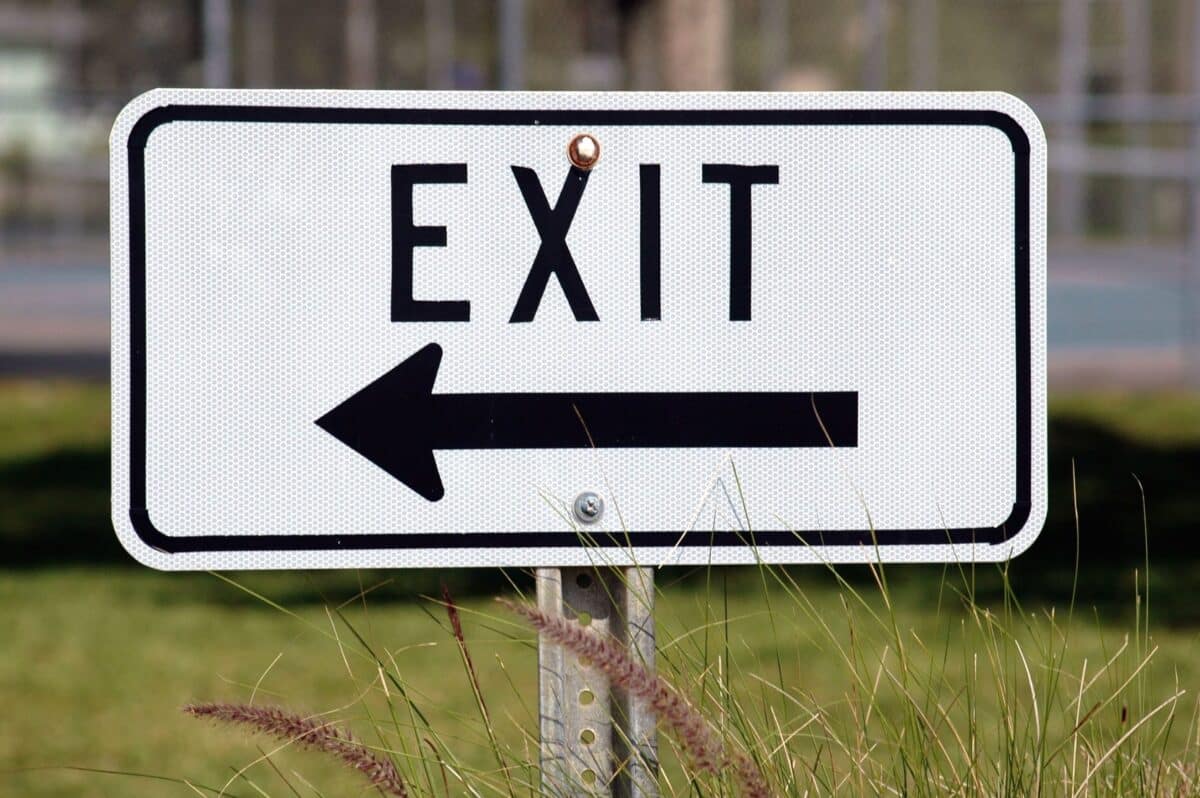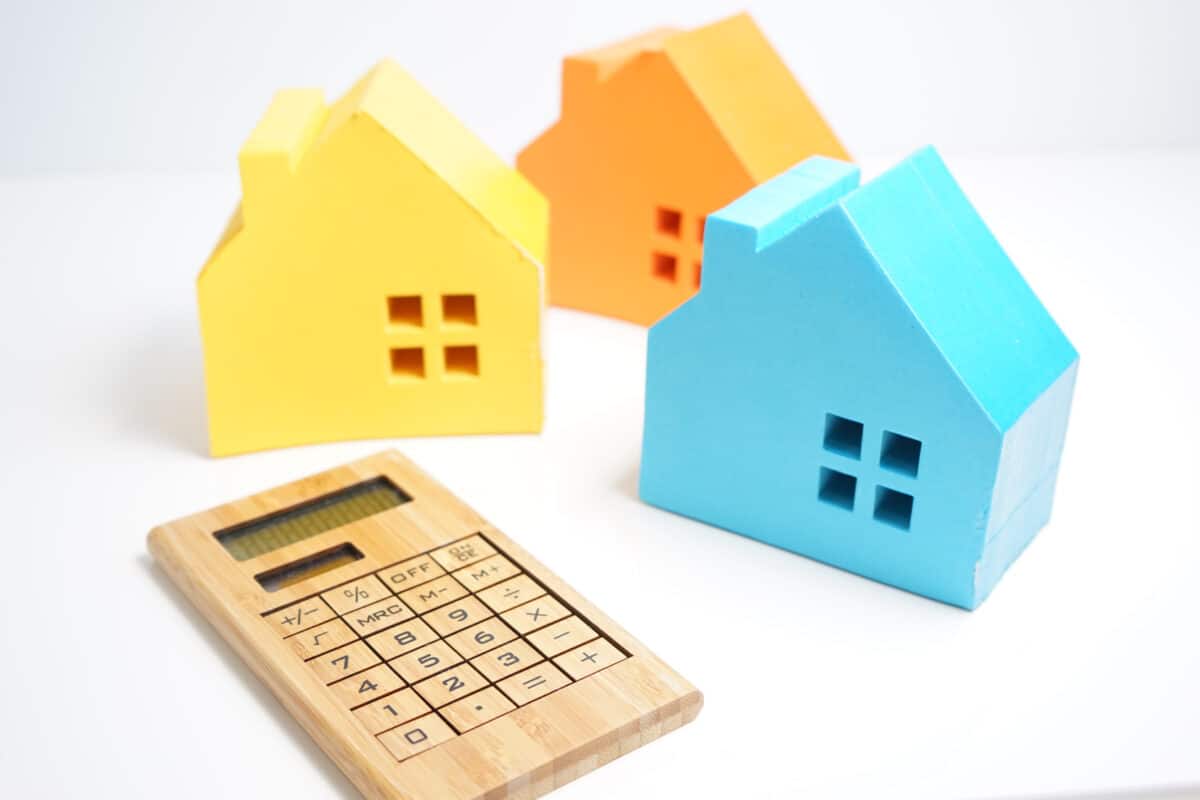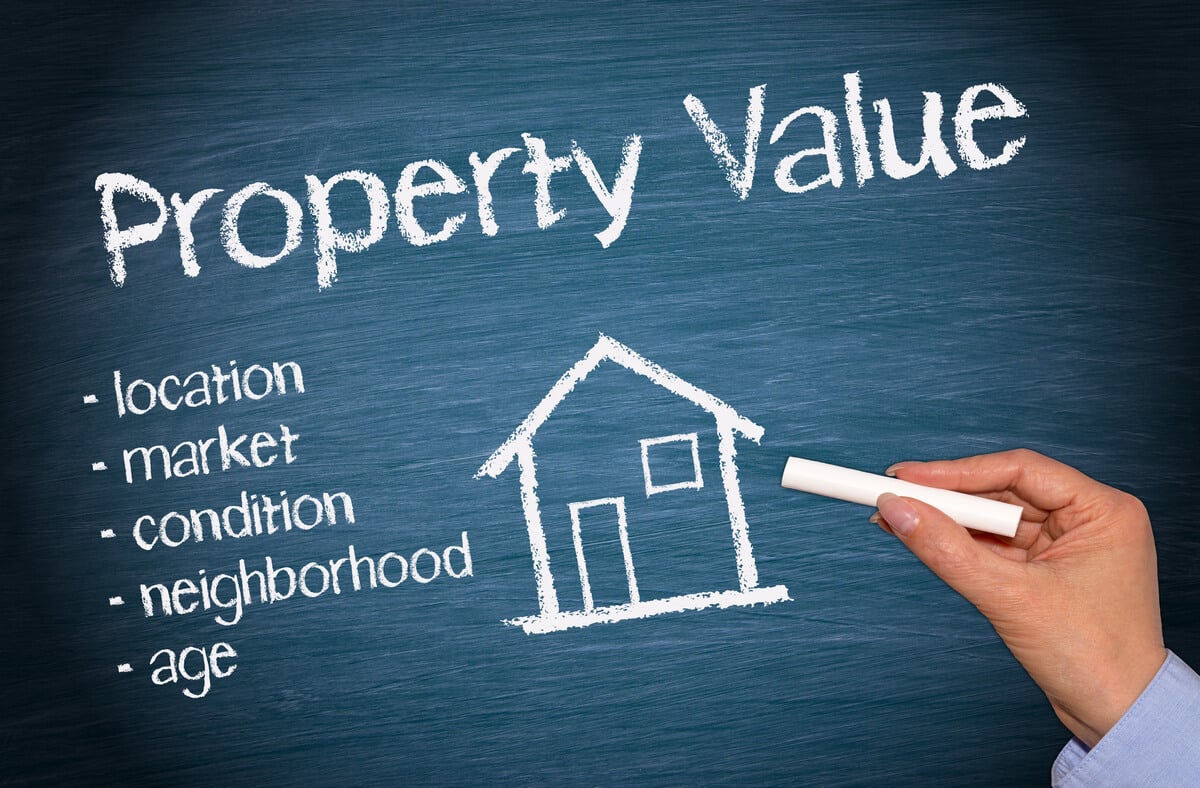How to Buy a Condo with Bad Credit in Canada: A Roadmap for Homebuyers

Buying a home is a major milestone for all of us. It’s a sign of achievement in life that can be both a smart investment and a way to make a nice home. However, if you have a bad credit score, the journey to condo ownership might seem daunting.
Do not worry, it is not an impossible hurdle. You can buy a house in Toronto or other major cities in Canada, even if you have bad credit. We’ll talk about strategies and resources that can help you reach your goal of owning a home.
Read: Step-by-Step Guide for First-Time Pre-Con Buyers
A Sneak Peek
- To buy a house in Canada, you don’t need perfect credit. But if you have bad credit, it might be hard to get a mortgage from a standard lender.
- You might have better luck asking for a mortgage with a different company if you have bad credit.
- The interest rate on your mortgage will probably be higher if you have bad credit.
- Bad credit buyers may have to put down 20 to 25 percent, while good credit buyers only need to put down 5 percent. This brings the lender more confidence and increases the chances of getting the loan.
What Constitutes a Bad Credit Score?
You can get a credit score in Canada between 300 and 900. Usually, a score above 700 is excellent, between 650 – 700 is good, and a score below 600 is really bad. Traditional mortgage lenders may see you as a high-risk client if your credit score is in this range. This can make getting a mortgage harder, but it’s not impossible.
How Bad Credit Affects Mortgage Approval
Lenders are wary of giving loans to people with bad credit because they are more likely to not pay them back. Because of this, the terms are tighter, the interest rates are higher, and you need to make a bigger down payment. If you have good credit, you might only need a 5% down payment. If you have bad credit, you might need 20–25% to lower the lender’s risk.
Is Mortgage a Possibility with Bad Credit?
To put it simply, yes, it is possible to secure a mortgage even with bad credit. But it’s important to know what problems you might face. Because people with bad credit are a bigger risk, lenders are usually more careful when it comes to them. This means that if you have bad credit, getting a mortgage may cost more and have tighter rules.
Bad credit buyers who want to own a home one day can still find ways to make their dreams come true. It is possible to get past these problems and buy a house if you are determined and plan your finances well. Getting a mortgage may take some extra work, like boosting your credit score or looking into other mortgage choices, but you can reach your goal of owning your own house.

Strategies for Buying a Condo with Bad Credit
There are a few key elements to understand before you go and start negotiating with mortgage lenders.
1. Assess Your Credit Situation
Before you start the condo-buying process, obtain a copy of your credit report and understand your credit score. Look for any errors or discrepancies that you can dispute and have corrected.
Plus, identify the factors dragging your score down—late payments, high credit card balances, or previous bankruptcies. It is very OK to ask such questions. These institutions have to deal with a lot of scams, even though you might not be one of them.
Because of this, you can’t expect a mortgage provider to forget about your past debts. The world is full of different financial scams that can scare many mortgage lenders from handing out money to anyone.
2. Improve Your Credit Score
Even though it might take some time, raising your credit score can make it much easier to get a mortgage. Here are some things to think about:
- Pay Bills on Time: Ensure all your bills, including credit cards, loans, and utilities, are paid promptly.
- Reduce Debt: Lower your credit card balances and try to pay off outstanding debts.
- Don’t Apply for Too Many Cards: Multiple credit inquiries can negatively impact your score.
- Burn Less Credit: Keep your credit card balances below 30% of your credit limit.
3. Weigh the Options in Front of You
If traditional lenders are unwilling to approve your mortgage, consider alternative options:
Private Mortgage Lenders
Private lenders are more open than banks because they don’t have to follow the same rules. Even if you have bad credit, they might still give you a mortgage but expect the interest rates and fees to be higher. Most of the time, private mortgages are only meant to be temporary fixes. They are often used as a way to build credit and then try your luck with a traditional loan later.
Mortgage Brokers
A mortgage broker can help people with bad credit find lenders who are willing to work with them. Brokers can get you better terms from a lot of lenders because they work with plenty of them. In addition, they can help you improve your credit and make a strong mortgage application.

4. Think About a Joint Mortgage
Getting into a mortgage with someone else is a great option if your credit isn’t perfect. It means that you will both own a home together and be responsible for making the mortgage payments.
Joint mortgages with two borrowers, one with strong credit and one with bad credit, are more likely to get the green light. You’ll get your hands on more money, with lower interest.
There are some risks that you should think about even if someone you trust is willing to help you get a mortgage. Let’s say that your friendship with the other person could go bad at some point in the future. This could lead to problems. Or, the other person might want to get out of this deal completely. In this case, you would have to either buy them out or sell the house to settle things.
So, make sure you trust the cosigner.
5. Save for a Larger Down Payment
If you have bad credit, a bigger down payment lowers the lender’s risk and raises your chances of getting approved. It is common for lenders to require less of a down payment from people with good credit. They have to put down at least 5% of the price of the house because their credit score is good enough.
Try to put down at least 20 to 25 percent of the condo’s price. The big number shows the lender that you are committed and have stable finances.
Read: The Down Payment Playbook For Canada’s Housing Market
6. Be Prepared for Higher Fees
Having bad credit usually means paying more. Lenders may charge extra fees for processing your mortgage application. These fees are usually around 1% of the amount of the mortgage. It’s important to them because it involves a lot of risk control. On top of that, if your credit isn’t great, the broker will charge you more to find a proper lender.
That also takes about 1% of the costs. The down payment portion is also something you need to think about. It’s about 20%. You should have enough cash on hand to pay all the fees.
7. Carefully Inspect the House
Lenders will look closely at how much the condo is actually worth. Do some study on the property’s market value, location, and potential for appreciation to make sure it is a good purchase. Lenders have to take a chance on you because you have bad credit. That way, they will thoroughly inspect the house. The lender will ask you about the house, so make sure you know every detail and know it well because they will find out the truth one way or another.
It’s hard to get mortgage lenders to put money into real estate. It’s particularly true if private lenders are having a hard time making a loan to someone who has just gone through bankruptcy.

Navigating the Mortgage Process
OK. Now that you have the basics down, it’s also not bad to discuss the process a little bit.
1. Get all the Documents
When applying for a mortgage, you’ll need to provide various documents, including:
- Proof of Income: Pay stubs, employment letters, or tax returns.
- Credit Report: A recent copy of your credit report.
- Down Payment Proof: Bank statements showing your down payment savings.
- Debt Information: Details of any outstanding debts, including credit cards and loans.
2. Avoid Shady Business
When you deal with mortgage lenders, you need to be honest. Tell the truth about your credit history and what you’ve done to make it better. Being open and honest can help you get better terms and conditions.
3. See if You Qualify for Any Government Programs
Canada has a number of programs that can help people buy homes, even if they have bad credit. The Home Buyers’ Plan is a program that can help people buy their first home by giving them money and making the process easier. Check out these options to see if they work for you.
Managing the Challenges
Depending on your unique situation, you may face some temporary challenges when trying to secure a mortgage with a bad credit score. But, in general, you need to remember three things:
1. Patience and Persistence
It takes time to buy a condo when you have bad credit. It could take longer, and you might have to go through a few turndowns before you find a provider who is willing to work with you. Don’t give up, and keep looking into your choices.
2. Financial Discipline
Maintaining financial discipline is critical. Stick to a budget, don’t spend money on things you don’t need, and pay off your debts first. Your credit score will go up and your chances of getting a mortgage will go up if you are financially stable.
3. Professional Advice
Think about talking to a financial expert or a credit counselor for help. You can get personalized help from them on how to improve your credit, handle your money, and get a mortgage to buy your dream condo in Canada.
Wrapping Up
In Canada, it might be hard to buy a condo if you have bad credit, but it is possible with the right tools and tactics. Understanding your credit situation, boosting your score, looking at other lenders, and being responsible with your money can help you reach your goal of buying a condo.
While the journey might be longer and require more effort, the rewards of owning your own condo in this country are well worth it. Don’t give up, and soon you’ll be able to open the door to your new house.
Ready to take the first step toward owning your dream condo, even with bad credit? Contact Platinum Condo Deals today for personalized advice and tailored solutions to help you navigate the journey to homeownership.
Jatin Gill, an esteemed authority in real estate writing, is celebrated globally for his unparalleled expertise. With over 20 years in the industry, he has authored more than 1,000 SEO-friendly articles covering every facet of real estate. Specializing in pre-construction projects, Jatin's extensive knowledge spans all real estate topics. His content is a go-to resource for anyone seeking comprehensive, insightful, and up-to-date information in the real estate market.
Learn MoreFrequently Asked Questions (FAQs)
Yes, it’s possible to secure a mortgage even with bad credit. You may need to explore alternative lenders, save for a larger down payment, and be prepared for higher interest rates.
A credit score below 600 is generally considered bad in Canada. Scores above 650 are considered good, and anything over 700 is excellent.
With bad credit, lenders may require a down payment of 20–25% of the condo’s price, compared to the standard 5% for good credit buyers.
Private lenders can be a viable option for bad credit buyers, but they often charge higher interest rates and fees. They’re typically used as temporary solutions until your credit improves.
Yes, improving your credit score is possible through steps like paying bills on time, reducing debt, avoiding new credit inquiries, and maintaining low credit utilization.
Yes, programs like the First-Time Home Buyer Incentive and the Home Buyers’ Plan can offer financial support and make the home-buying process easier, even for those with bad credit.
A joint mortgage can be helpful, especially if the other party has good credit. However, it’s essential to trust your co-borrower and consider the long-term risks and responsibilities.
You’ll need proof of income (pay stubs, tax returns), a recent credit report, evidence of your down payment savings, and details of outstanding debts.
Research mortgage brokers with experience helping clients with bad credit.
Yes, bad credit often leads to higher interest rates as lenders view you as a higher-risk borrower. Improving your credit score can help secure better terms over time.
Additional Resources















Awards & Achievement










Subscribe for the Latest Condo Deals
Apologies, our subscription list for this month is now full. Please register on our website to secure your spot for next month. Thank you for your interest!

